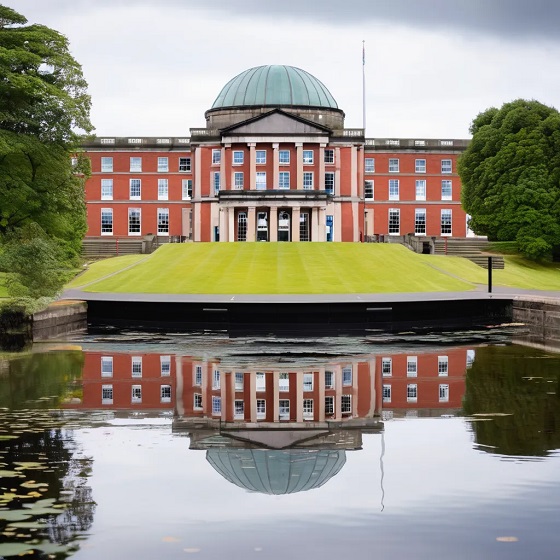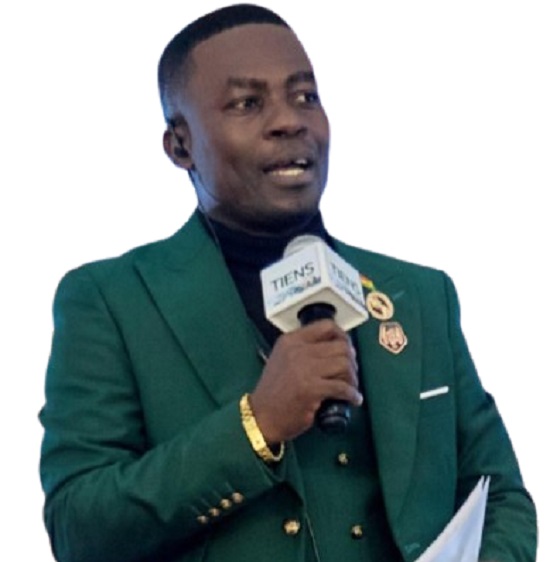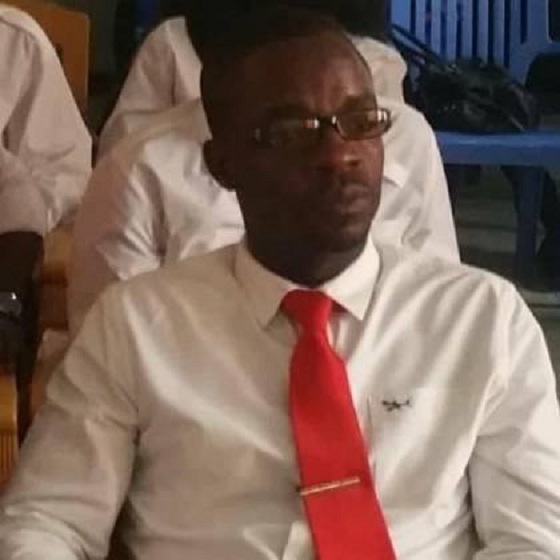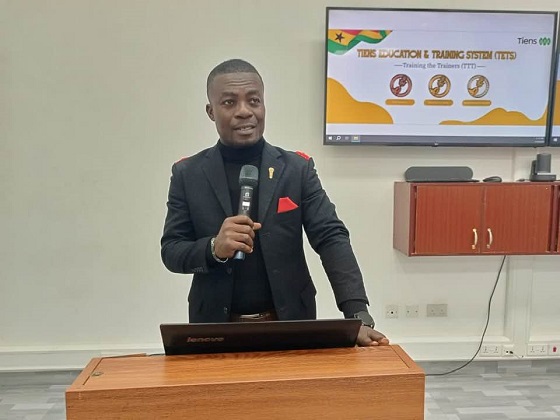
Mandela Washington Fellowship: Empowering Young African Leaders for Transformational Change
Introduction
Mandela Washington Fellowship, part of the U.S. Department of State’s Young African Leaders Initiative (YALI), stands as one of the most impactful leadership programs for African youth. Established in 2014 by former President Barack Obama, this fellowship selects young leaders from across sub-Saharan Africa, equipping them with skills in leadership, business, public management, and civic engagement. The fellowship is more than an academic experience; it serves as a transformative journey for participants and a vehicle for long-lasting social impact across Africa. In this article, we’ll explore the origins, structure, impact, and significance of the Mandela Washington Fellowship.
Mandela Washington Fellowship
Origins and Purpose of the Mandela Washington Fellowship
The Mandela Washington Fellowship was launched as a way to address pressing social, economic, and political challenges across Africa through young leadership. Named after Nelson Mandela, one of the world’s most influential and beloved leaders, the program honors his legacy of resilience, leadership, and dedication to justice.
The fellowship aims to connect young Africans with U.S.-based educational institutions and professionals. Through these connections, fellows gain critical insights into how they can create change and foster social and economic growth in their communities.
Key purposes of the fellowship include:
- Empowering Youth: Investing in young people as the driving force for a better future.
- Building Networks: Creating a bridge between African nations and the United States to foster collaboration and exchange of ideas.
- Promoting Social Impact: Developing practical skills for effective leadership in various sectors including government, business, and civil society.
Mandela Washington Fellowship
Selection Process and Criteria
The Mandela Washington Fellowship is highly competitive, with thousands of applications submitted each year. Only about 700 fellows are selected from across sub-Saharan Africa, representing an elite group of young professionals who exhibit exceptional leadership and commitment to their communities.
Applicants undergo a rigorous selection process based on several criteria:
- Proven Leadership: Candidates are expected to have demonstrated leadership capabilities in their professions or communities.
- Professional Experience: Although there’s no strict requirement for a specific profession, candidates must have a track record of two to five years of work experience in public service, business, or civil society.
- Commitment to Africa’s Growth: Fellows should be committed to leveraging the skills gained to drive social, economic, or political change in their respective countries.
Age is another criterion, as applicants are typically between 25 and 35 years old. However, those with outstanding leadership qualities younger than 25 or older than 35 may also be considered.
Mandela Washington Fellowship
Structure of the Mandela Washington Fellowship
The fellowship spans over six weeks and is divided into three primary tracks to tailor the program to the interests and career aspirations of each participant. These tracks are:
- Business and Entrepreneurship Track: This track supports those interested in creating economic opportunities within their communities. Fellows learn about business innovation, financial planning, and strategies for managing successful enterprises.
- Civic Leadership Track: For those passionate about driving social change, this track emphasizes strategies for effective public service. Fellows in this track study topics like advocacy, community organization, and ethical leadership.
- Public Management Track: This track serves fellows working in government, regional, or international organizations, where they can acquire skills relevant to policy-making, governance, and public administration.
Each fellow is assigned to one of these tracks based on their expertise and career goals. The program is hosted at a U.S. university or college, providing a stimulating environment where participants can exchange knowledge and ideas with peers and faculty members.
Mandela Washington Fellowship
Additional Opportunities and Program Components
In addition to academic training, the Mandela Washington Fellowship offers several supplementary activities designed to enhance the learning experience and facilitate practical applications:
- Professional Development Experience (PDE): After completing the academic component, selected fellows engage in short-term placements with U.S. businesses, government agencies, or non-profits. These placements offer fellows a chance to see leadership in action and gain hands-on experience.
- Networking Events: Numerous networking events, including panels, conferences, and seminars, give fellows the chance to connect with U.S. professionals and thought leaders, creating bonds that may continue to yield professional growth and partnerships.
- Reciprocal Exchange Program: This initiative invites American professionals to travel to Africa, where they collaborate with fellows on community projects. The program aims to extend mutual learning opportunities and create lasting relationships.
Impact and Achievements of the Mandela Washington Fellowship
Since its inception, the Mandela Washington Fellowship has had a profound impact on the careers and lives of its participants. Alumni have gone on to lead impactful projects, initiate policy changes, and foster entrepreneurship across the continent.
The fellowship’s impact can be observed through various metrics:
- Entrepreneurial Ventures: Many fellows have launched businesses that address community needs, focusing on areas such as technology, agriculture, and renewable energy.
- Community Development Projects: Some alumni work directly in community development, advocating for issues like women’s rights, health care access, and education.
- Policy Influence: Several fellows have ascended to leadership positions within government and policy-making bodies, using their expertise to enact laws that promote social equity, environmental sustainability, and economic stability.
Alumni of the fellowship often collaborate with each other, forming a robust network of young African leaders united in their mission for transformation. Many also share their skills with their local communities, offering mentorship and training programs to further spread the program’s benefits.
Testimonials and Success Stories
Fellows from different backgrounds have shared how the Mandela Washington Fellowship transformed their professional paths. For instance:
- Grace Amankwa from Ghana utilized her experience in the Business and Entrepreneurship track to create a tech startup focused on enhancing education in underserved areas. She explains that the mentorship and resources provided through the fellowship were instrumental in the development of her company.
- John Ngugi, a Public Management fellow from Kenya, returned home with new policy insights, which he implemented in his work on sustainable urban planning. Ngugi’s work has led to improvements in infrastructure planning in Nairobi, benefiting thousands of residents.
These testimonials illustrate the fellowship’s influence in driving positive change, as alumni apply what they learn to solve local challenges.
Future Prospects and the Role of Alumni Networks
The Mandela Washington Fellowship continues to grow and adapt, expanding its alumni networks and programs to support ongoing development and collaboration. The fellowship’s alumni association is active, creating opportunities for continuous professional development and fostering a support system for young African leaders. This network ensures that the impact of the fellowship extends beyond the initial six-week program.
Looking ahead, the fellowship aims to increase engagement with alumni, offer more professional development opportunities, and potentially expand the program to include more participants. These initiatives are designed to scale the program’s impact across a wider demographic and address new challenges emerging on the continent.
Conclusion
The Mandela Washington Fellowship remains a crucial program for Africa’s future, equipping young leaders with the knowledge, skills, and networks they need to drive social change. By investing in young Africans, the fellowship promotes sustainable development and bridges connections between Africa and the United States. Through this initiative, the U.S. reaffirms its commitment to Africa’s growth, fostering leaders who will carry Nelson Mandela’s legacy forward in their communities.
The Mandela Washington Fellowship is more than an opportunity—it is a catalyst for transformation that extends across generations, encouraging a ripple effect of change across the African continent.
References
- Young African Leaders Initiative. (2023). Mandela Washington Fellowship. Retrieved from https://yali.state.gov/mwf/
- Bureau of Educational and Cultural Affairs. (2023). Mandela Washington Fellowship Overview. U.S. Department of State. Retrieved from https://eca.state.gov/mandela-washington-fellowship
- Washington Fellowship Alumni Impact Reports. (2022). YALI Network. Retrieved from https://yali.state.gov/impact/
- Global Leadership & Mentorship Programs. (2021). Africa Leadership Network. Retrieved from https://www.africanleadershipnetwork.com/
Make Moni







